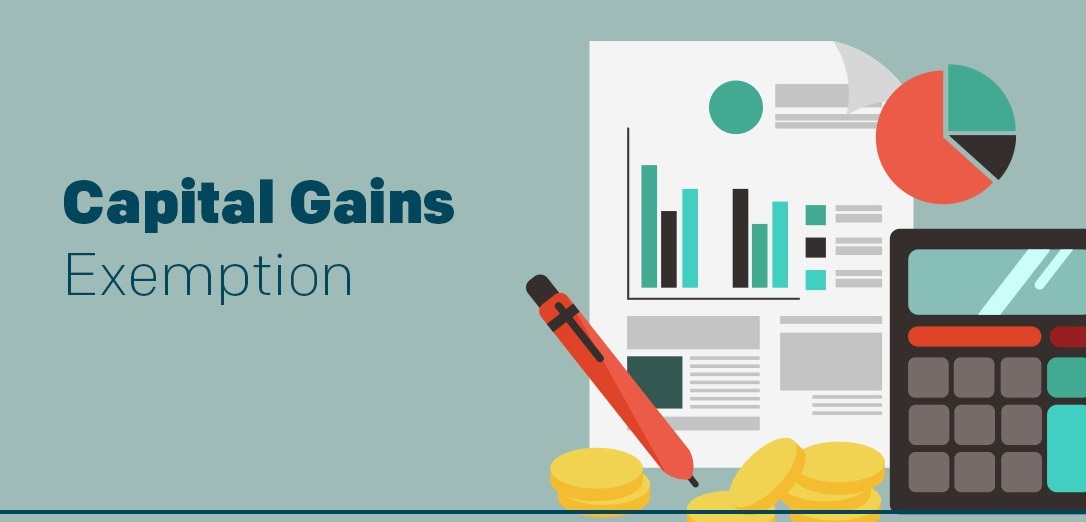Under the Income Tax Act in India, there are several provisions that provide for exemptions on capital gains. Here are some of the most common exemptions:
- Section 54: This section provides for exemptions on capital gains arising from the sale of a long-term capital asset, such as a house or a piece of land, if the proceeds are invested in another long-term capital asset. This Section states that the capital gains arising from the sale of the original asset are exempt from taxation if an individual or Hindu Undivided Family (HUF) sells a long-term capital asset and invests the proceeds in buying another long-term capital asset.
However, there are certain conditions that need to be met to claim this exemption. The new asset purchased must be either a residential house property or land. Additionally, the new asset must be purchased either one year before the sale of the original asset or within two years after the sale of the original asset. In the case of the construction of a new house, the construction must be completed within three years from the date of the sale of the original asset.
It is important to note that if the proceeds from the sale of the original asset are not invested in a new asset as specified under Section 54, the capital gains will be subject to tax as per the applicable tax rates.
- Section 54F: This section provides for exemptions on capital gains arising from the sale of any asset other than a residential house if the proceeds are invested in a residential house.
Section 54F of the Income Tax Act provides for exemption of long-term capital gains arising from the sale of any asset other than a residential house, if the gains are invested in purchasing or constructing a residential house property within a certain time period.
To claim the exemption, the following conditions must be met:
- The asset sold should not be a residential house.
- The taxpayer should purchase or construct a residential house property within one year before or two years after the date of sale of the asset or should invest in purchasing a residential house property within three years from the date of sale of the asset.
- The residential house property purchased or constructed must not be sold within three years from the date of purchase or construction.
If the entire amount of long-term capital gains is invested in the purchase or construction of a residential house property, the capital gains are completely exempted from tax. However, if only a part of the gains is invested, the proportionate amount of gains is exempted from tax. The exemption amount is calculated as the ratio of the investment in the residential house property to the total capital gains.
It is important to note that if the residential house property is sold within three years from the date of purchase or construction, the exemption claimed earlier will be revoked, and the capital gains will become taxable in the year of sale.
- Section 54EC: The capital gains exemption under Section 54EC is over and above the exemption available under Section 54. Hence, taxpayers can claim exemption under both Sections 54 and 54EC, subject to meeting the respective conditions.
This section provides for exemptions on long-term capital gains if the proceeds are invested in specified bonds issued by the National Highway Authority of India (NHAI) or Rural Electrification Corporation (REC).
The maximum amount that can be invested in these bonds for claiming exemption is Rs. 50 lakhs per financial year. The investment made in these bonds has a lock-in period of 5 years, and cannot be transferred or converted into money before the completion of the lock-in period.
It is important to note that if the investor sells or redeems these bonds before the lock-in period ends, the capital gains exemption claimed earlier will be revoked, and the gains will become taxable in the year of sale or redemption.
- Section 10(38): This section provides for exemptions on long-term capital gains arising from the sale of equity shares or units of equity-oriented mutual funds, if the transaction is subject to Securities Transaction Tax (STT).
It is important to note that each of these sections has its own specific conditions and limitations that must be met to claim the exemption. Additionally, taxpayers must carefully calculate and report their capital gains and the applicable exemptions in their income tax returns.





